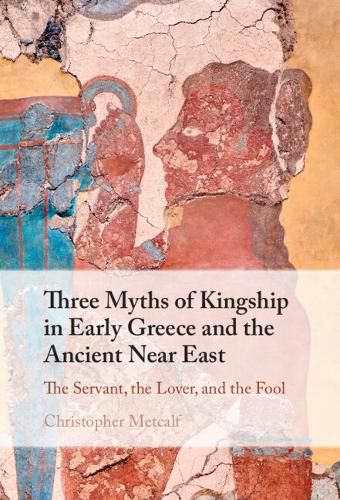Readings Newsletter
Become a Readings Member to make your shopping experience even easier.
Sign in or sign up for free!
You’re not far away from qualifying for FREE standard shipping within Australia
You’ve qualified for FREE standard shipping within Australia
The cart is loading…






On the basis of recently discovered sources and original research, this book identifies and analyses three story-patterns associated with human kingship in early Greek and ancient Near Eastern myth. The first of these, the 'Myth of the Servant', was used to explain how an individual of non-royal lineage rose to power from obscure origins. The second myth, on the 'Goddess and the Herdsman', made the fundamental claim that the ruler engaged in a sexual relationship with a powerful female deity. Third, although kings are often central to the ancient literary evidence, the texts themselves were usually authored by others, such as poets, priests, prophets or scholars; like kings, these characters similarly tended to base their authority on their ability to articulate and enact the divine will. The stage was thus set for narratives of conflict between kings and other intermediaries of the gods.
$9.00 standard shipping within Australia
FREE standard shipping within Australia for orders over $100.00
Express & International shipping calculated at checkout
On the basis of recently discovered sources and original research, this book identifies and analyses three story-patterns associated with human kingship in early Greek and ancient Near Eastern myth. The first of these, the 'Myth of the Servant', was used to explain how an individual of non-royal lineage rose to power from obscure origins. The second myth, on the 'Goddess and the Herdsman', made the fundamental claim that the ruler engaged in a sexual relationship with a powerful female deity. Third, although kings are often central to the ancient literary evidence, the texts themselves were usually authored by others, such as poets, priests, prophets or scholars; like kings, these characters similarly tended to base their authority on their ability to articulate and enact the divine will. The stage was thus set for narratives of conflict between kings and other intermediaries of the gods.